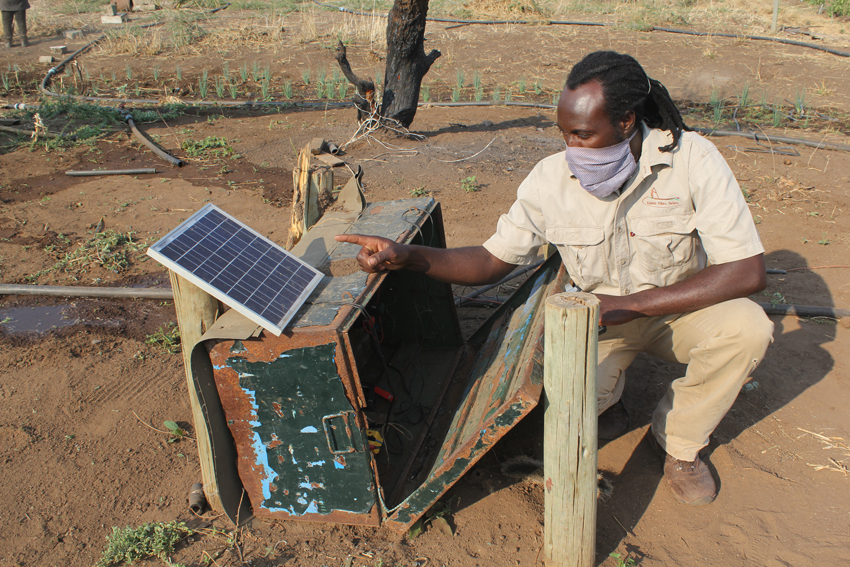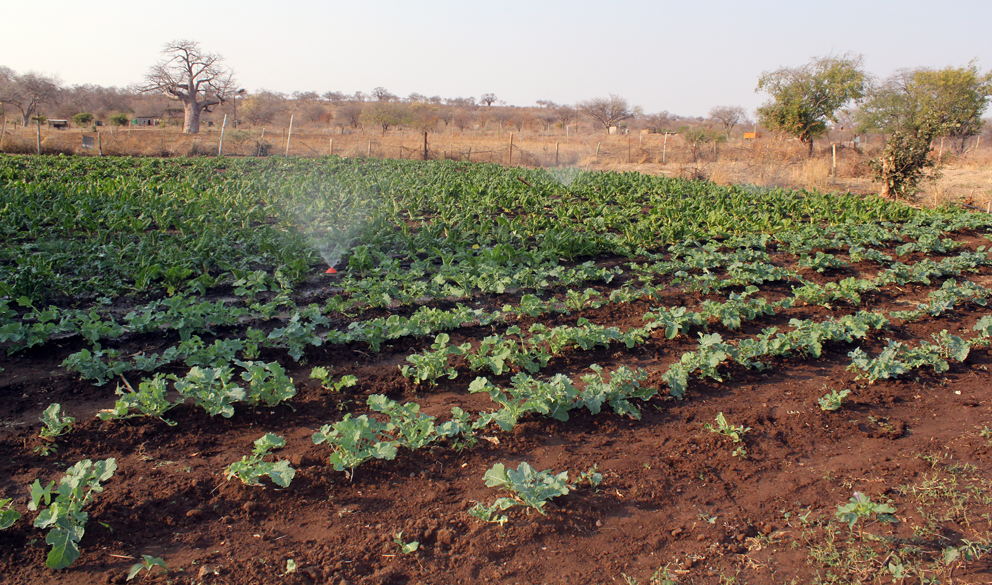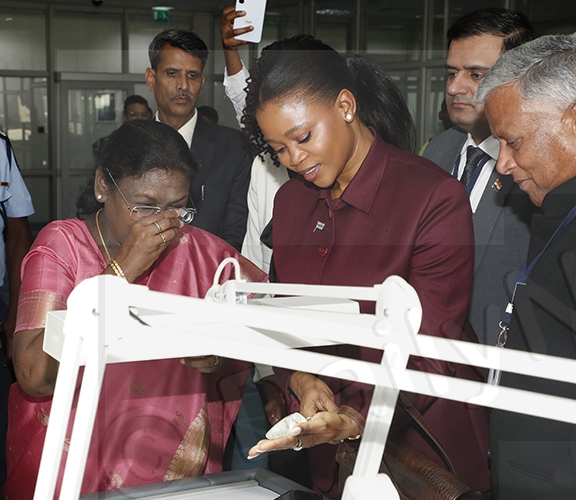Elephant Without Borders assists farmers
30 Aug 2020
For a long time the problem of wildlife, especially elephants destroying crops, has been an issue of concern in the Chobe District and indeed around the country.
Several mitigation measures such as the use of chilli pepper to scare away elephants were explored with little success.
The use of chilli pepper has, however, proved to be a success in a number of Southern African countries among them Zimbabwe and Zambia.
Moreover, research is ongoing with Elephant Without Borders (EWB), experimenting with the solar electric rope.
EWB coordinator, Dr Tempe Adams, is of the opinion that what works in one country cannot necessarily work in another, hence in 2016, she worked on an approach that could address the problem.
Her approach included introducing the solar electric rope to farmers in the hotspots around Chobe West, who had lost trust in scientists who promised to address the problem and disappeared in the process.
Dr Adams and her team managed to build trust and worked with communities to introduce the solar electric rope, which she said was aimed at scaring animals away, not to kill them.
She said the success of the rope was totally dependent on the commitment of the farmer as it was to be erected around the farm and switched on at night, when animals tended to become a menace.
She revealed that EWB rented out the ropes of up to a maximum of four hectares each to farmers during the cropping season, adding, however, that those who could afford to buy the rope and the solar panels were free to do so.
Dr Adams said in all the 35 farms in Lesoma, Kazungula, Satau, Muchenje and Mabele, where the rope was used this year, no crop destruction by elephants was reported.
She explained that prior to availing the rope, an assessment was conducted and recommendations made to the concerned farmer, adding that so far 53 assessments had be done. While she realised that the solar electric rope was effective, she maintained that no one solution was absolute and the problem of human/wildlife conflict needed a multiple solution approach.
Dr Adams said EWB had not only assisted farmers in Chobe, but in Boteti and Ngami, as food security was imperative, particularly during the COVID-19 era, where importation of goods, including food commodities, was a challenge.
She noted that as part of empowering farmers and ensuring food security in all households, EWB this year purchased a mobile grain crusher to help farmers for free.
She said 2.5 tonnes of grain had been crushed for 75 households with 90 per cent being for human consumption and nine per cent for livestock.
Dr Adams said 72 per cent of the crushed grain was maize and 28 per cent sorghum.
One of the beneficiaries of the solar electric rope, Mr Jackson Maruza of Mawana farms, along the Chobe River bank, said he never had any harvest since 2013, when he started ploughing, but this past cropping season, he managed to harvest 12 bags of maize from 1.8 hectares, thanks to the solar electric rope.
Mr Maruza narrated that he had ploughed 6.8 hectares but five hectares was submerged in water when the river overflowed.
He revealed that the rope had an alarm, which was activated when the wild animals drew close to it.
He said he was looking forward to the next ploughing season, with the hope that this time around, his farm would not be submerged.
Mr Maruza, who encouraged other farmers in the area to take advantage of the ‘rope of hope’ said he learnt about it during a kgotla meeting in Kavimba and although he was skeptical, he decided to give it a try.
Another beneficiary, Mr Chibeya Longwani, who produces spinach, rape, chomolia, spring onions and herbs on a one hectare garden along the same river in Muchenje, said he installed the electric rope late last year and was happy with the results.
Mr Longwani thus encourages other farmers to use the rope as it recharged during the day and worked at night, when the animals were a problem.
Unlike rain-fed crop farmers, he decided to purchase the rope as his production was perennial.
He said he currently supplied Kachikau, Kavimba and Mabele primary schools as well as individuals, lamenting, however, that due the current situation, where most of the workers were laid off, he sometimes had left overs, which ended up rotting. Ends
Source : BOPA
Author : Keamogetse Letsholo
Location : Kasane
Event : Interview
Date : 30 Aug 2020







